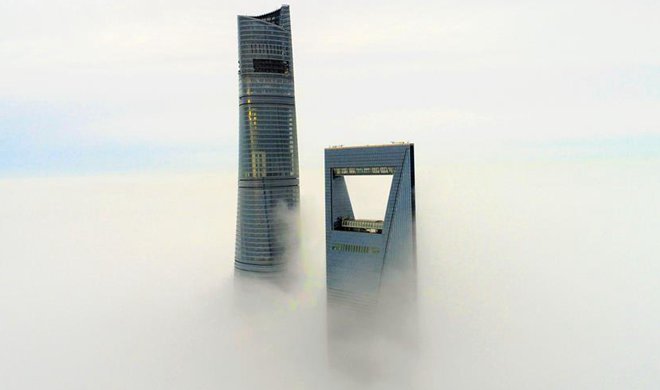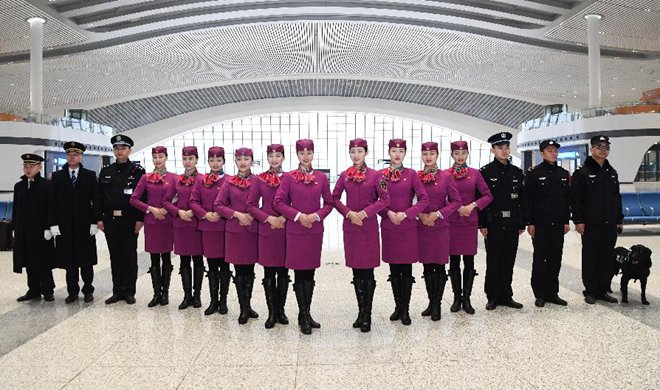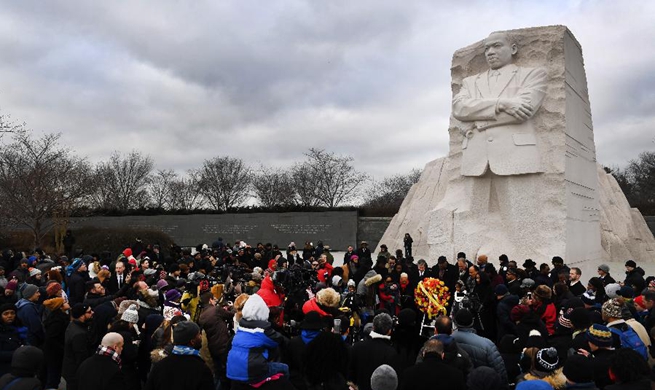TOKYO, Jan. 16 (Xinhua) -- Japan's wholesale prices increased 2.4 percent in 2017, rising annually for the first time in three years, the Bank of Japan (BOJ) said in a report on Tuesday.
According to the BOJ's preliminary report, the index of goods prices traded among companies stood at 98.8 against the 2015 base of 100, with the central bank still under increasing pressure to hit its lofty 2 percent inflation target.
Among energy-linked prices, oil and coal climbed 18.2 percent in the recording period, reflecting a global increase on cuts to oil output by producer countries. Utilities, meanwhile, rose 4.0 percent, the BOJ said.
Prices for copper and iron increased 12.6 percent and steel gained 9.2 percent on increased Tokyo Olympic-linked construction projections, the central bank's figures showed.
The BOJ said that information and communications equipment prices were down 1.1 percent and electrical machinery prices slumped 1.6 percent, in the recording period.
The central bank's latest data also showed that export prices in yen terms climbed 5.4 percent on year while those of imports jumped 10.9 percent.
For the month of December, the BOJ said that wholesale prices increased 3.1 percent on year, marking the 12th successive month of gains.
Core consumer prices, minus fresh food prices because of their volatility, edged up 0.9 percent in November from a year earlier, the bank also said.
Japan's central bank, despite an overall rise in wholesale prices, is struggling to convert the effects into a significant rise in inflation as business confidence remains low with companies concerned that hiking their prices will repel consumers and adversely hit their bottom lines.
Consumers and households, amid stagnant wages and concerns for Japan's economic outlook, despite a fairly solid track record recently, continue to tighten their purse strings.
On Tuesday, Japan's most powerful business lobby, known here as Keidanren, urged its member companies to implement a 3 percent pay hike, as part of its overall guidelines for 2018 spring wage negotiations.
Indicative of continued deflationary pressure in Japan, Keidanren called for pay hikes not just through scaled increases, but also through bonuses and other incentives in a bid to stimulate consumption.
"We will contribute to Japan's full exit from deflation and further expansion of a virtuous cycle in the country's economy by making additional efforts to improve labor conditions," the business lobby said in its report.

















